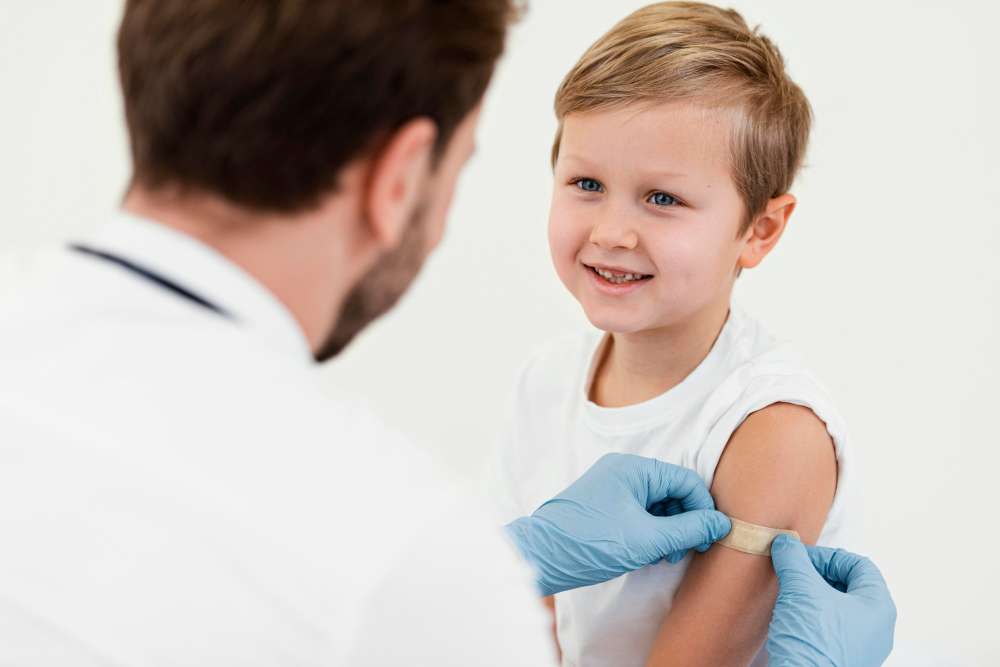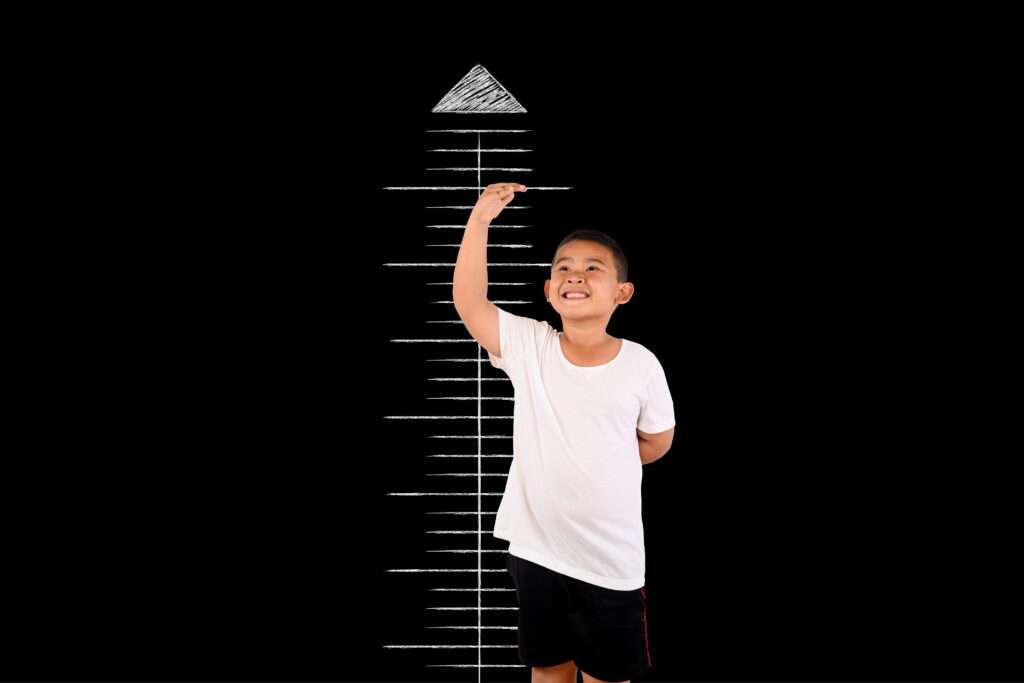Balanced diet for children
A balanced diet for children is crucial for their growth and development. Here are key components and tips to ensure a well-rounded diet for kids: 1. Fruits and Vegetables 2. Proteins 3. Whole Grains 4. Dairy 5. Healthy Fats 6. Limited Added Sugars and Salt 7. Hydration 8. Portion Control 9. Regular Meal Times 10. […]








